Home>Articles>How Often Should You Pressure Wash Your Driveway
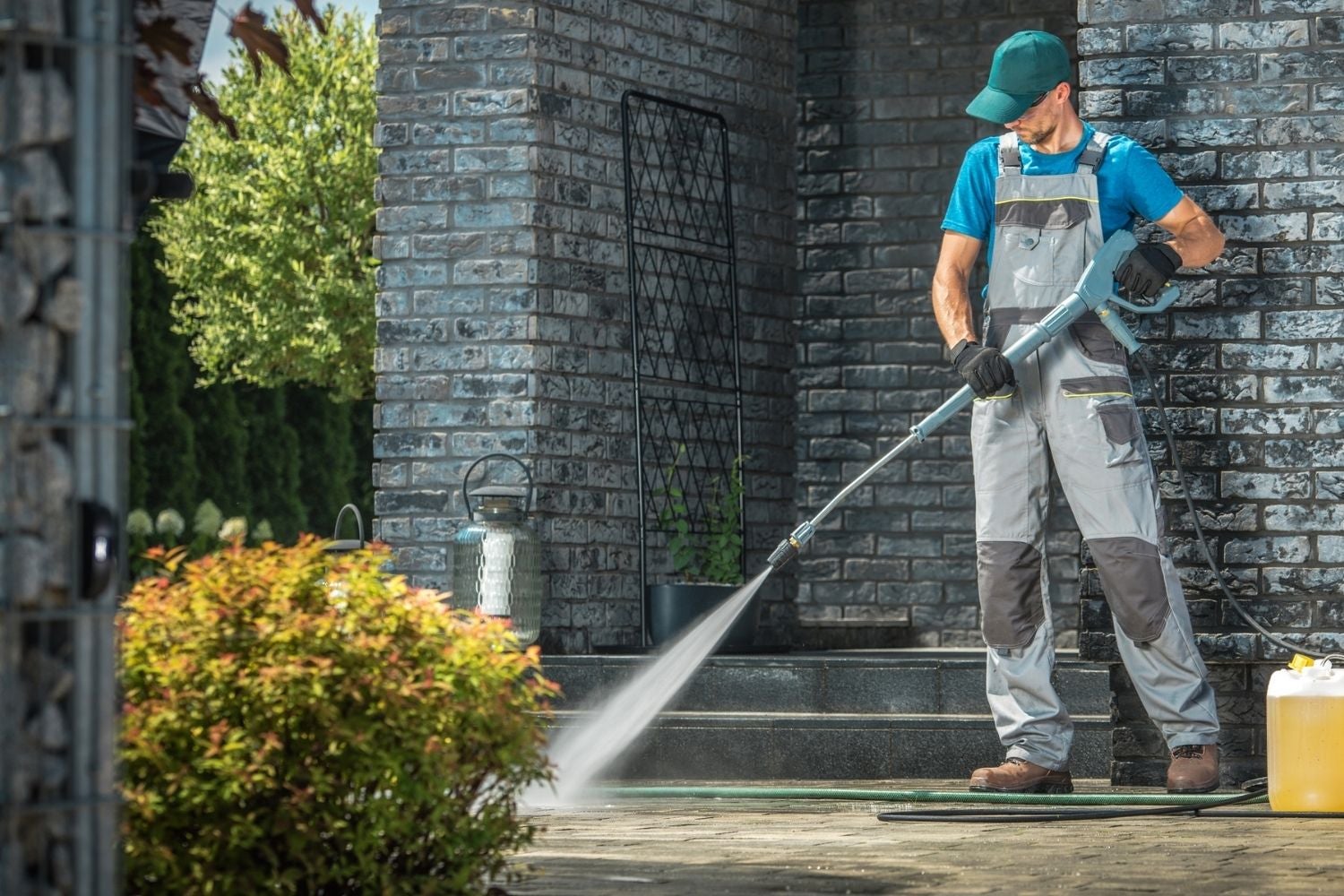

Articles
How Often Should You Pressure Wash Your Driveway
Modified: January 18, 2024
Learn the recommended frequency for pressure washing your driveway with our informative articles. Keep your driveway looking clean and inviting.
(Many of the links in this article redirect to a specific reviewed product. Your purchase of these products through affiliate links helps to generate commission for Storables.com, at no extra cost. Learn more)
Introduction
Pressure washing is a popular and effective method for cleaning various surfaces, including driveways. Over time, dirt, grime, and other contaminants can accumulate on your driveway, making it look dull and unappealing. Pressure washing can help restore the pristine appearance of your driveway and increase its overall curb appeal.
However, many homeowners are unsure about how often they should pressure wash their driveway. The frequency of pressure washing depends on various factors, such as climate and weather conditions, the frequency of use, amount of traffic, and signs of dirt and build-up.
In this article, we will delve into these factors and provide you with some guidance on how often you should pressure wash your driveway. By considering these factors and following a regular maintenance schedule, you can keep your driveway looking clean and well-maintained for years to come.
Key Takeaways:
- Regular pressure washing of your driveway is essential to maintain its cleanliness and curb appeal. Factors like climate, usage, and traffic influence the frequency of cleaning, ensuring a well-maintained and attractive driveway.
- By establishing a bi-annual pressure washing schedule and adapting to specific needs, you can prevent damage, improve safety, and enhance the overall value of your property. Regular visual inspections and proper precautions are key to maintaining a clean and well-maintained driveway.
Read more: How Often Do You Seal Your Driveway
Factors to Consider
When determining how often you should pressure wash your driveway, there are several factors that you should take into consideration. These factors will help you gauge the level of dirt and build-up on your driveway and determine the appropriate frequency for pressure washing.
- Climate and Weather Conditions: The climate and weather in your area play a significant role in determining how often you should pressure wash your driveway. If you live in an area with a lot of rainfall or high humidity, mold, mildew, and algae may thrive on your driveway, leading to a faster accumulation of dirt. Similarly, if you reside in an area with a dry and dusty climate, your driveway may accumulate dust and debris more quickly.
- Frequency of Use: The more frequently you use your driveway, the higher the chances of dirt and build-up. If you have multiple vehicles or frequently park your car on the driveway, it is likely to become dirty quicker. Additionally, heavy machinery or equipment that is frequently used on the driveway can also contribute to dirt and oil stains.
- Amount of Traffic: The level of foot traffic and vehicle traffic on your driveway can impact its cleanliness. Driveways in high-traffic areas, such as commercial properties or households with multiple vehicles, may require more frequent pressure washing to remove dirt, oil, and tire marks.
- Signs of Dirt and Build-up: Regularly inspect your driveway for signs of dirt, stains, and build-up. If you notice an excessive amount of dirt, oil stains, mildew, or moss, it may be time to schedule a pressure washing session. Additionally, if your driveway has a light-colored surface, dirt and stains may be more visible, prompting the need for more frequent cleaning.
By considering these factors, you can determine how often you should pressure wash your driveway. Keep in mind that these factors may vary depending on your specific circumstances. It’s important to regularly assess the condition of your driveway and adjust your pressure washing schedule accordingly. When in doubt, it’s always better to err on the side of caution and schedule more frequent cleanings to maintain the overall cleanliness and integrity of your driveway.
Climate and Weather Conditions
The climate and weather conditions in your area play a significant role in determining how often you should pressure wash your driveway. Different climates can lead to varying levels of dirt, debris, and stains on your driveway.
If you live in an area with a high amount of rainfall or humidity, your driveway is more susceptible to the growth of mold, mildew, and algae. These organic contaminants can make your driveway slippery and visually unappealing. Thus, in such areas, it is advisable to pressure wash your driveway more frequently to prevent the build-up of these contaminants.
On the other hand, if you live in an area with a dry and dusty climate, your driveway may accumulate dust, dirt, and debris more quickly. These particles can make your driveway look dull and dirty, affecting its overall appearance. In such cases, regular pressure washing can help maintain a clean and attractive driveway.
It’s worth noting that the changing seasons can also impact the cleanliness of your driveway. During the fall, leaves can accumulate and create a mess, while in the winter, ice melt products and road salt can cause stains and damage. Hence, it’s essential to adapt your pressure washing schedule to address these seasonal challenges.
Monitoring the climate conditions and being aware of any significant weather events or changes can help you determine when it’s necessary to pressure wash your driveway. Regular maintenance and prompt cleaning after adverse weather conditions can prevent the build-up of dirt, stains, and potential damage to your driveway.
Ultimately, the climate and weather conditions in your area will dictate the frequency of pressure washing required. By closely observing how different weather elements affect the cleanliness of your driveway, you can develop a customized schedule to keep it looking fresh and presentable throughout the year.
Frequency of Use
The frequency with which you use your driveway is another crucial factor to consider when determining how often you should pressure wash it. The more you use your driveway, the higher the chances of dirt, stains, and build-up accumulating on its surface.
If you have multiple vehicles in your household or frequently park your car in the driveway, it’s likely that there will be a higher frequency of dirt and oil stains. Vehicles bring in dirt, mud, and other outdoor debris, which can quickly accumulate on the surface of your driveway. In addition, if your driveway is regularly exposed to leaking fluids from vehicles, such as oil or coolant, it can leave unsightly stains that may require more frequent pressure washing to remove.
Aside from regular vehicle usage, other factors can contribute to the level of dirt and build-up. If you frequently use heavy machinery or equipment on your driveway, such as lawnmowers or construction tools, it can lead to additional dirt, grass clippings, or even oil stains.
Take note of how frequently you use your driveway and what activities take place on it. If you notice an increasing amount of dirt and build-up, it may be a sign that you should schedule a pressure washing session. Regularly cleaning your driveway can help maintain its appearance, prevent stains from setting in, and extend its overall lifespan.
Keep in mind that even if you do not use your driveway frequently, it might still require periodic pressure washing. Factors such as climate, weather conditions, and nearby foliage can contribute to the build-up of dirt and stains over time, regardless of usage. Regular inspections and assessments of your driveway’s appearance will help you determine when it’s time for a thorough cleaning.
In summary, the frequency of use of your driveway, including the number of vehicles and the usage of heavy machinery, impacts how often you should pressure wash it. By paying attention to these factors and conducting regular maintenance, you can keep your driveway looking clean and well-maintained.
Amount of Traffic
The amount of foot and vehicle traffic on your driveway is another key factor to consider when determining how often you should pressure wash it. Higher levels of traffic typically lead to more dirt, grime, oil stains, and tire marks, which can make your driveway look dirty and worn-out.
If you live in a busy household with multiple residents or have frequent visitors, it’s likely that your driveway will experience more foot traffic. Each person brings in dirt and debris from the outdoors, which can accumulate over time. Additionally, if you frequently entertain guests or have deliveries to your home, the increased vehicle traffic can contribute to a higher level of dirt and stains.
Commercial properties, such as offices or retail stores, also tend to have a significant amount of vehicle and foot traffic on their driveways. In these cases, regular pressure washing is often necessary to maintain a clean and professional appearance.
Tire marks from vehicles can also be a common issue, especially if you have larger vehicles or if your driveway is used for parking cars for extended periods. These marks can be stubborn to remove and may require more frequent pressure washing to ensure they don’t become permanent.
Additionally, consider other factors that might contribute to the amount of traffic on your driveway. Are there nearby construction sites, schools, or public facilities that generate a higher volume of vehicles and visitors? These external factors can increase the level of dirt and grime on your driveway, requiring more frequent cleaning.
Regularly assess the appearance of your driveway to determine if the level of traffic is causing an excessive build-up of dirt or stains. Depending on the level of activity, you may need to adjust your pressure washing schedule accordingly. By staying on top of regular cleanings, you can maintain a clean and presentable driveway that enhances the overall aesthetic of your property.
It is recommended to pressure wash your driveway at least once a year to remove built-up dirt, grime, and stains. However, if you live in an area with heavy rainfall or lots of trees, you may need to do it more frequently.
Read more: How Often Should You Clean A Washing Machine
Signs of Dirt and Build-up
Regularly inspecting your driveway for signs of dirt, stains, and build-up is essential in determining how often you should pressure wash it. These visual cues can indicate the need for a thorough cleaning to restore your driveway’s appearance and prevent further damage.
Here are some signs to look out for:
- Dirt and Debris: Take note of any visible dirt, dust, leaves, or other debris that has accumulated on your driveway’s surface. This debris can make your driveway look dull and unkempt, and if left unattended, it may become embedded in the surface and cause further damage.
- Oil Stains: Oil stains are a common issue on driveways, especially if you park vehicles on them. These stains can be unsightly and difficult to remove. If you notice oil stains on your driveway, it’s a sign that it’s time for a pressure wash to effectively clean and remove the stains.
- Mold and Mildew: Keep an eye out for any signs of mold, mildew, or algae growth on your driveway. These organic contaminants thrive in damp and shady areas, especially in humid climates. If you notice any greenish or black patches on your driveway, it’s essential to address them promptly to prevent further growth and potential slip hazards.
- Tire Marks: Tire marks are another common issue on driveways, particularly if you have heavy vehicles or perform frequent maneuvers like sharp turns or braking. These tire marks can be stubborn and blemish the appearance of your driveway. If they become noticeable, it may be time to pressure wash the affected areas.
- Discoloration: Take note of any areas of discoloration on your driveway. This could be due to various factors such as spilled chemicals, fertilizer stains, or even the accumulation of dirt and grime over time. Pressure washing can effectively remove these stains and restore the uniform appearance of your driveway.
Regularly assessing these signs of dirt and build-up will help you gauge the level of cleaning required for your driveway. If any of these signs become apparent, it’s an indication that it’s time to schedule a pressure washing session to maintain a clean and well-maintained driveway.
Benefits of Regular Pressure Washing
Regular pressure washing of your driveway offers numerous benefits that go beyond just enhancing its appearance. Here are some key advantages of incorporating regular pressure washing into your driveway maintenance routine:
- Enhanced Curb Appeal: Pressure washing removes the built-up dirt, stains, and grime, instantly restoring the clean and vibrant look of your driveway. This improves the overall aesthetics of your property and creates a positive first impression for guests and passersby.
- Prevents Damage: Over time, dirt, debris, mold, and mildew can accumulate on the surface of your driveway, leading to potential damage. Pressure washing helps remove these contaminants, preventing them from causing further deterioration, such as cracking or crumbling of the driveway surface.
- Prolongs Lifespan: Regular pressure washing not only keeps your driveway looking good but also helps prolong its lifespan. By removing dirt, stains, and harmful substances, you can prevent the deterioration of the surface and maintain its structural integrity.
- Improves Safety: Mold, mildew, algae, and oil stains can not only make your driveway slippery but also pose potential safety hazards. Pressure washing eliminates these hazards and provides a clean, safe surface for walking and driving.
- Increases Property Value: A well-maintained driveway significantly enhances the value of your property. When it comes time to sell, a clean and presentable driveway can leave a positive impression on potential buyers and increase the overall market value of your home.
- Time and Cost Savings: Regularly pressure washing your driveway can save you time and money in the long run. By preventing deep-seated stains and damage, you reduce the need for extensive repairs or expensive treatments, ultimately saving you from costly maintenance expenses.
These benefits make regular pressure washing a worthwhile investment for your driveway. It’s recommended to establish a routine maintenance schedule to ensure that your driveway remains clean and well-maintained throughout the year.
Remember, however, that pressure washing requires caution and the use of appropriate techniques and equipment to avoid causing damage. If you are unsure or unfamiliar with how to perform pressure washing, it’s recommended to hire a professional who can ensure the optimal results without risk to your driveway’s surface.
Potential Risks and Damage
While pressure washing can provide numerous benefits for your driveway, it’s important to be aware of the potential risks and damage that can occur if it’s not done properly. Understanding these risks will help you avoid any unintended consequences and protect your driveway from potential harm.
- Surface Damage: Improper use of a pressure washer, such as choosing the wrong nozzle or using excessive pressure, can cause damage to your driveway’s surface. High-pressure streams can strip away the top layer of concrete or asphalt, leading to erosion, cracks, or pitting.
- Water Intrusion: If water is forced into cracks or gaps in your driveway’s surface, it can cause further damage. The water can freeze in colder temperatures, expanding and potentially worsening existing cracks or creating new ones.
- Damage to Landscaping: The powerful spray from a pressure washer can also damage nearby plants, flowers, or grass. It’s crucial to protect any landscaping or delicate areas adjacent to your driveway before starting the pressure washing process.
- Chemical Misuse: Some pressure washing processes involve the use of cleaning agents or chemicals. If not used correctly, these chemicals can harm your driveway’s surface, nearby vegetation, or even pose health risks to you and your family. Always follow the manufacturer’s instructions and exercise caution when using any cleaning solutions.
- Injury Risks: High-pressure streams can be hazardous if not handled properly. The force can cause injuries to your skin, eyes, or other body parts. It’s essential to wear appropriate protective gear, such as safety goggles and gloves, and exercise caution while operating a pressure washer.
To minimize the potential risks and damage, it’s recommended to hire a professional pressure washing service, especially if you are not familiar with the proper techniques and equipment required. Professionals have the expertise and experience to effectively clean your driveway without causing harm. Additionally, they can ensure that the cleaning process is done safely and efficiently.
By being aware of these potential risks and taking the necessary precautions, you can enjoy the benefits of pressure washing your driveway while keeping it protected from any unintended damage.
Recommended Pressure Washing Schedule
Establishing a regular pressure washing schedule for your driveway is essential to keep it clean, well-maintained, and free from dirt and stains. While the ideal frequency may vary depending on individual circumstances, here is a general guideline to help you determine how often you should pressure wash your driveway:
- Twice a Year: A bi-annual pressure washing schedule is typically recommended for most driveways. This allows you to clean away the accumulated dirt, grime, and stains and keep your driveway looking fresh. Consider scheduling one round of pressure washing in the spring to remove any winter residue and another in the fall to clean up leaves and prepare for the colder months.
- Consider High-Traffic Areas: If certain areas of your driveway experience heavier traffic or tend to get dirtier more quickly, you may need to adjust the frequency of pressure washing in those specific spots. This could include areas where vehicles are parked regularly or sections exposed to excessive foot traffic. Keep an eye out for signs of dirt and stains in these areas and clean them as needed.
- Adapt to Climate and Weather: Pay attention to the climate and weather conditions in your area. If you live in a region with a high amount of rainfall, high humidity, or significant seasonal changes, you may need to adjust your pressure washing schedule accordingly. Areas prone to mold, mildew, or excessive dirt accumulation may require more frequent cleanings to prevent damage and maintain a clean appearance.
- Regular Visual Inspections: In addition to the recommended bi-annual cleanings, it’s important to conduct regular visual inspections of your driveway to identify signs of dirt, stains, or build-up. If you notice excessive dirt, oil stains, tire marks, or other visible issues, consider scheduling a pressure washing session to address these problems promptly.
Keep in mind that these are general recommendations, and the frequency of pressure washing may vary based on individual circumstances such as climate, usage, traffic, and the overall condition of your driveway. It’s always better to err on the side of caution and schedule more frequent cleanings if you notice significant dirt and build-up.
When pressure washing your driveway, follow proper techniques and precautions to avoid damage and injury. Take care to protect nearby landscaping, use the appropriate pressure settings and nozzles, and follow all safety instructions provided by the pressure washer manufacturer.
By following a regular pressure washing schedule and addressing any dirt or stains promptly, you can enjoy a clean and well-maintained driveway that enhances the overall appearance of your property.
Read more: How Often Should You Clean Your Humidifier
Conclusion
Pressure washing your driveway is an effective way to keep it clean, attractive, and well-maintained. By considering factors such as climate, frequency of use, amount of traffic, and signs of dirt and build-up, you can determine how often you should pressure wash your driveway.
Factors such as a humid climate, frequent use of the driveway, high traffic, and visible dirt and stains are indications that it’s time for a pressure washing session. Regular visual inspections and adapting to the specific needs of your driveway will help you establish an appropriate cleaning schedule.
Regular pressure washing of your driveway not only enhances its curb appeal but also prevents damage, prolongs its lifespan, improves safety, and increases the value of your property. By removing dirt, stains, mold, mildew, and other contaminants, you can maintain a clean and attractive driveway that enhances the overall aesthetic of your home.
It’s important to be aware of potential risks and damage associated with pressure washing, such as surface damage, water intrusion, harm to nearby landscaping, chemical misuse, and injuries. To mitigate these risks, it’s advisable to hire a professional pressure washing service or ensure you follow proper techniques and safety precautions when conducting the cleaning yourself.
In summary, establishing a regular pressure washing schedule, conducting visual inspections, and taking appropriate precautions will help you maintain a clean and well-maintained driveway. By keeping your driveway in top condition, you not only enhance your property’s appearance but also prolong its lifespan, increase its value, and create a safe and welcoming environment for you and your guests.
Frequently Asked Questions about How Often Should You Pressure Wash Your Driveway
Was this page helpful?
At Storables.com, we guarantee accurate and reliable information. Our content, validated by Expert Board Contributors, is crafted following stringent Editorial Policies. We're committed to providing you with well-researched, expert-backed insights for all your informational needs.
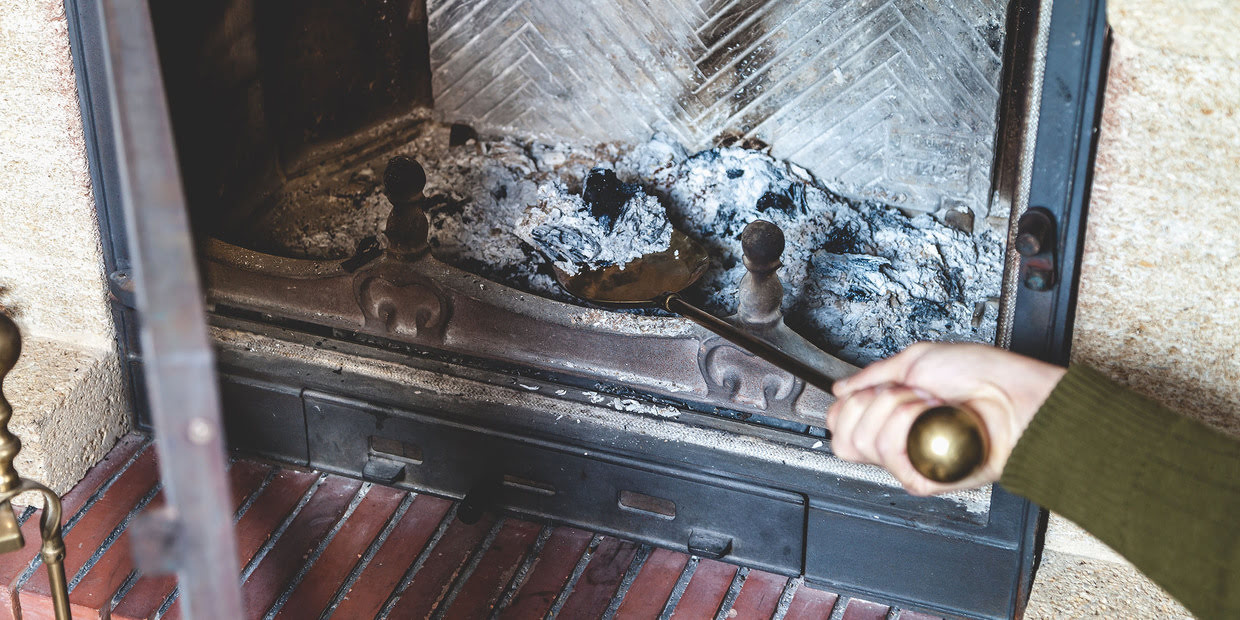
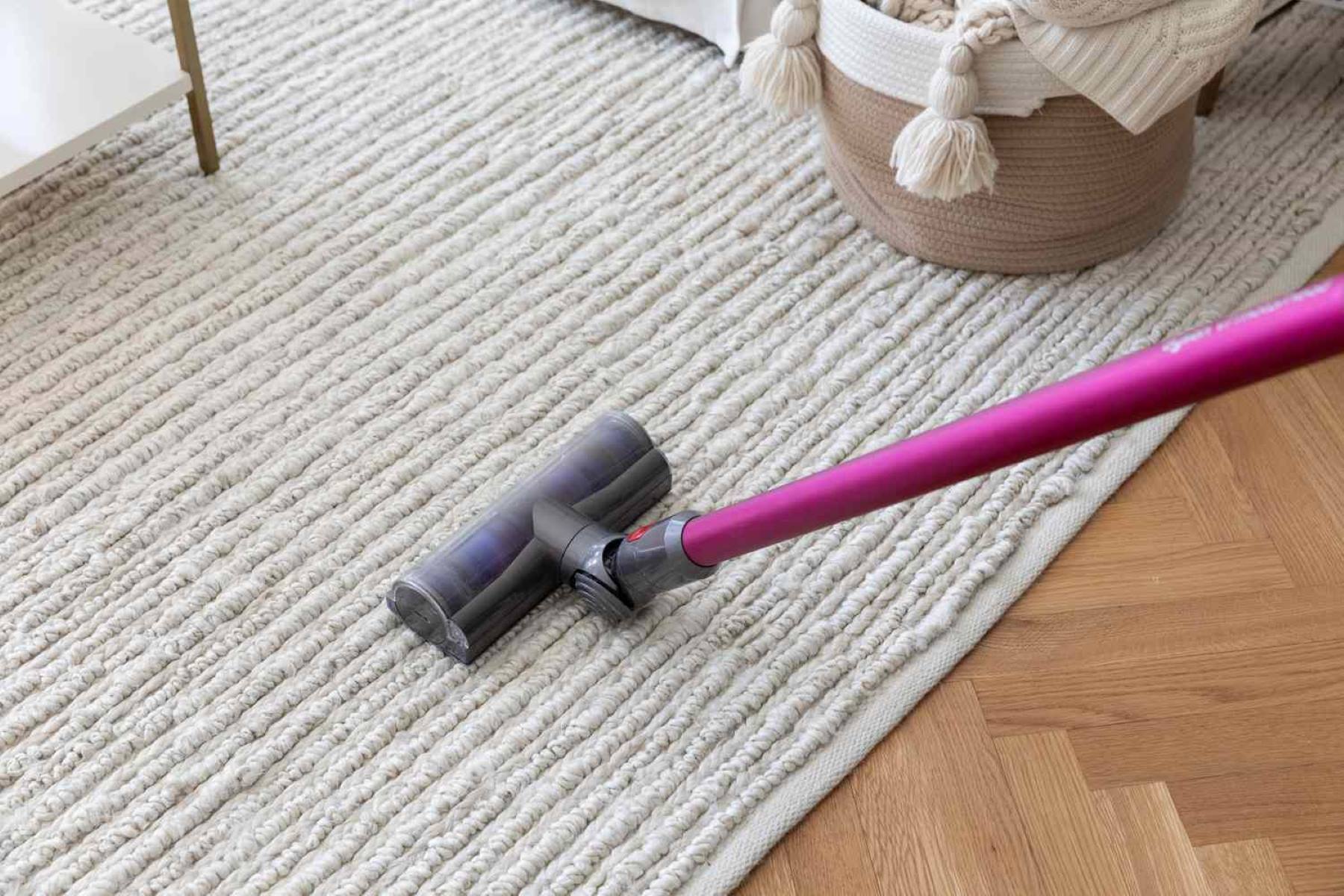
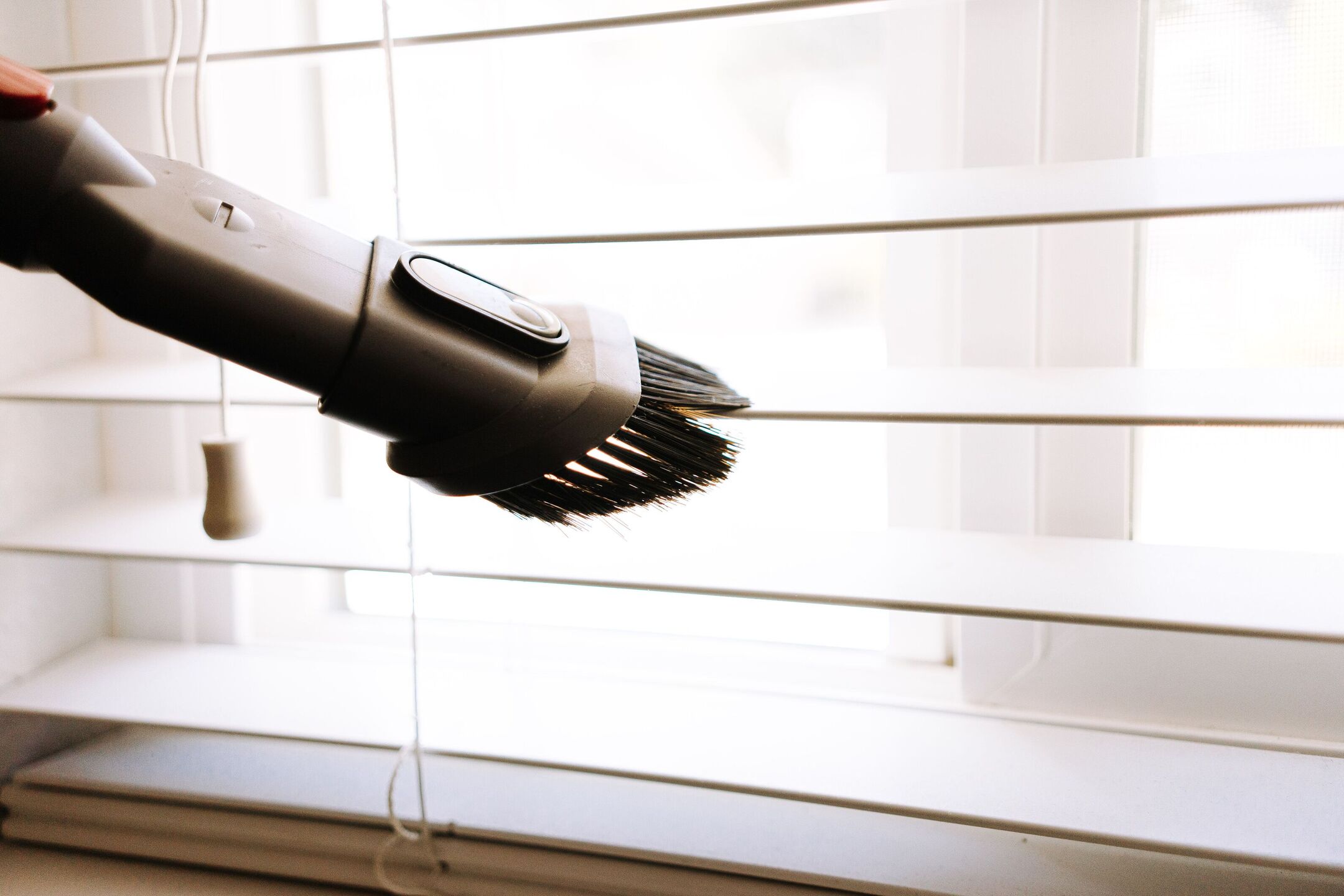

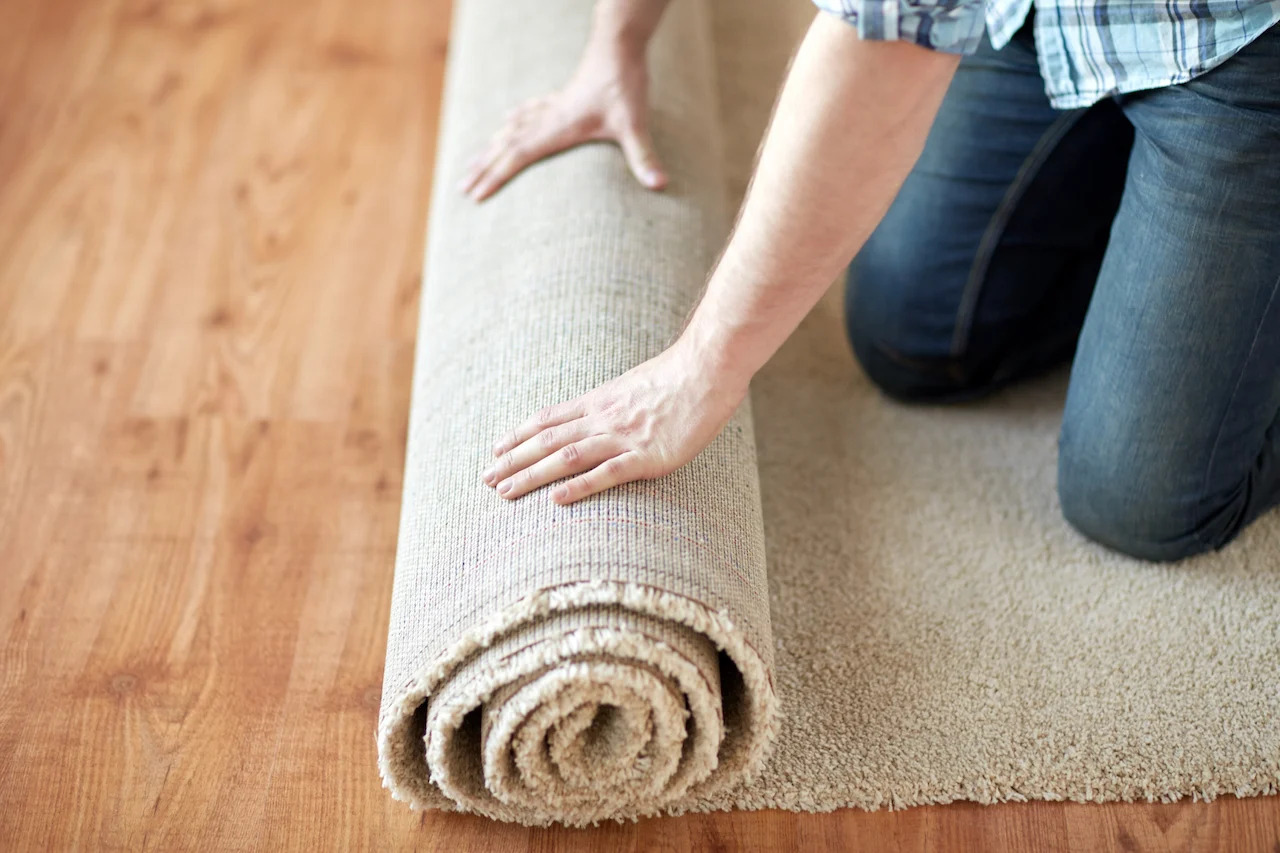
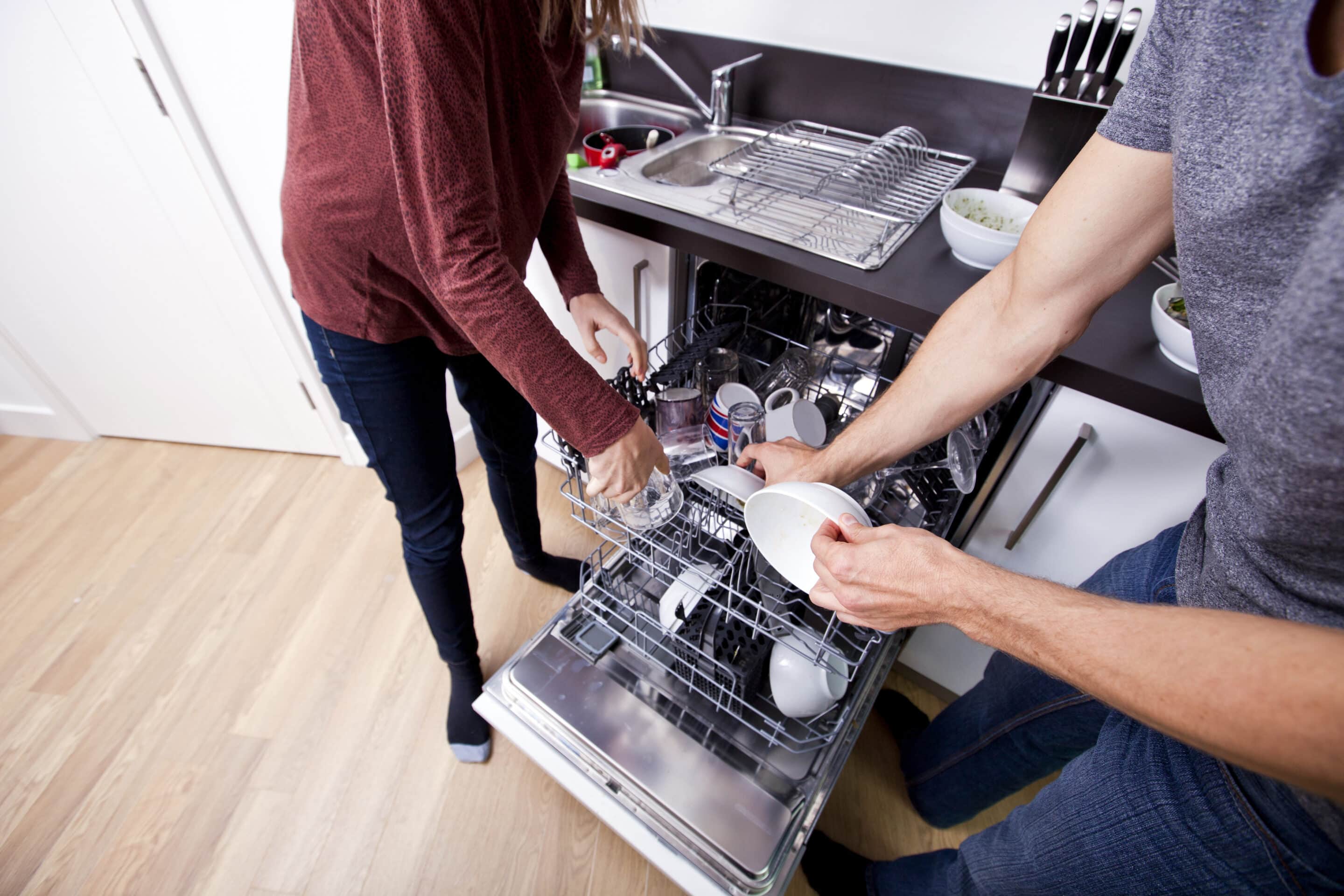
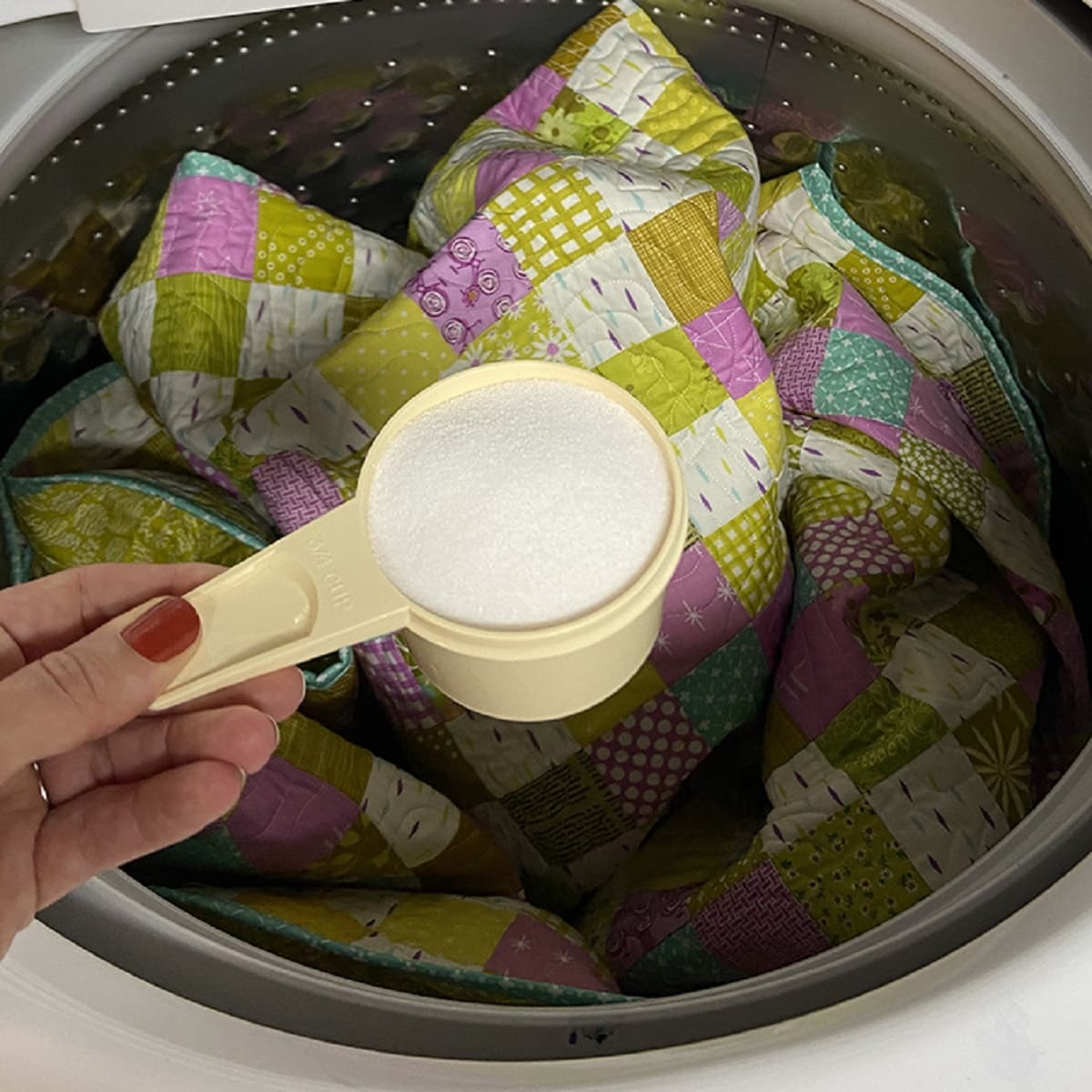
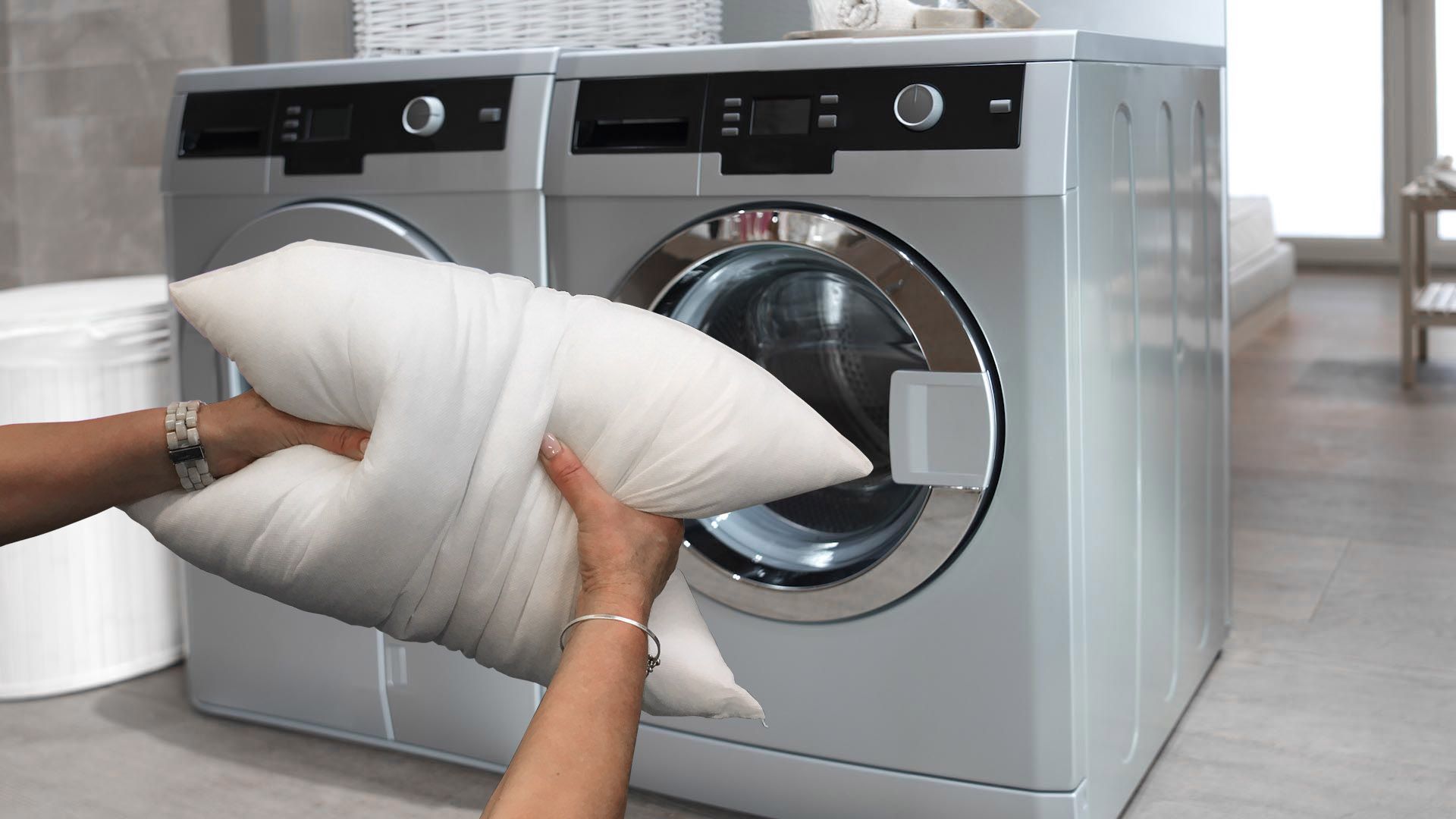
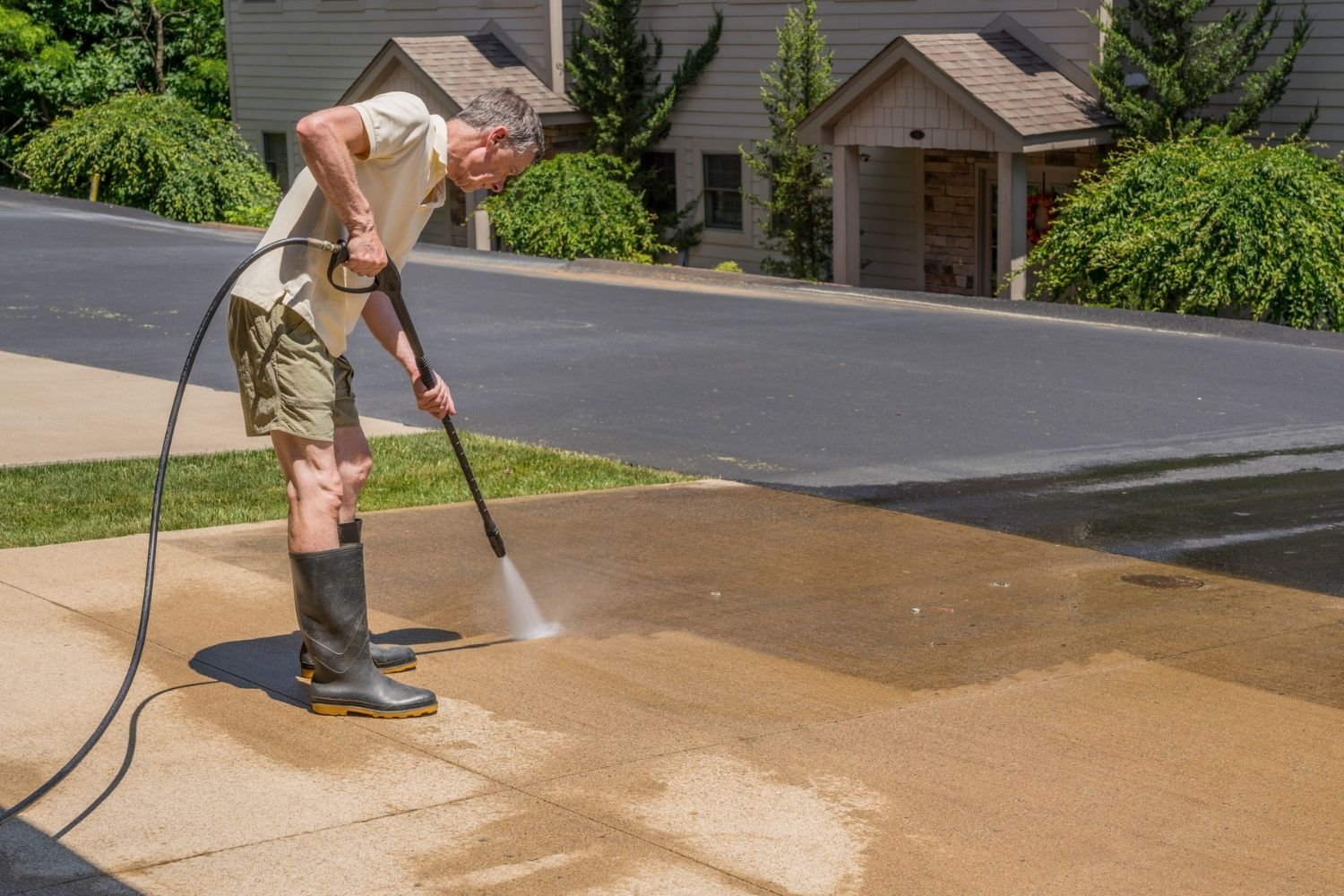
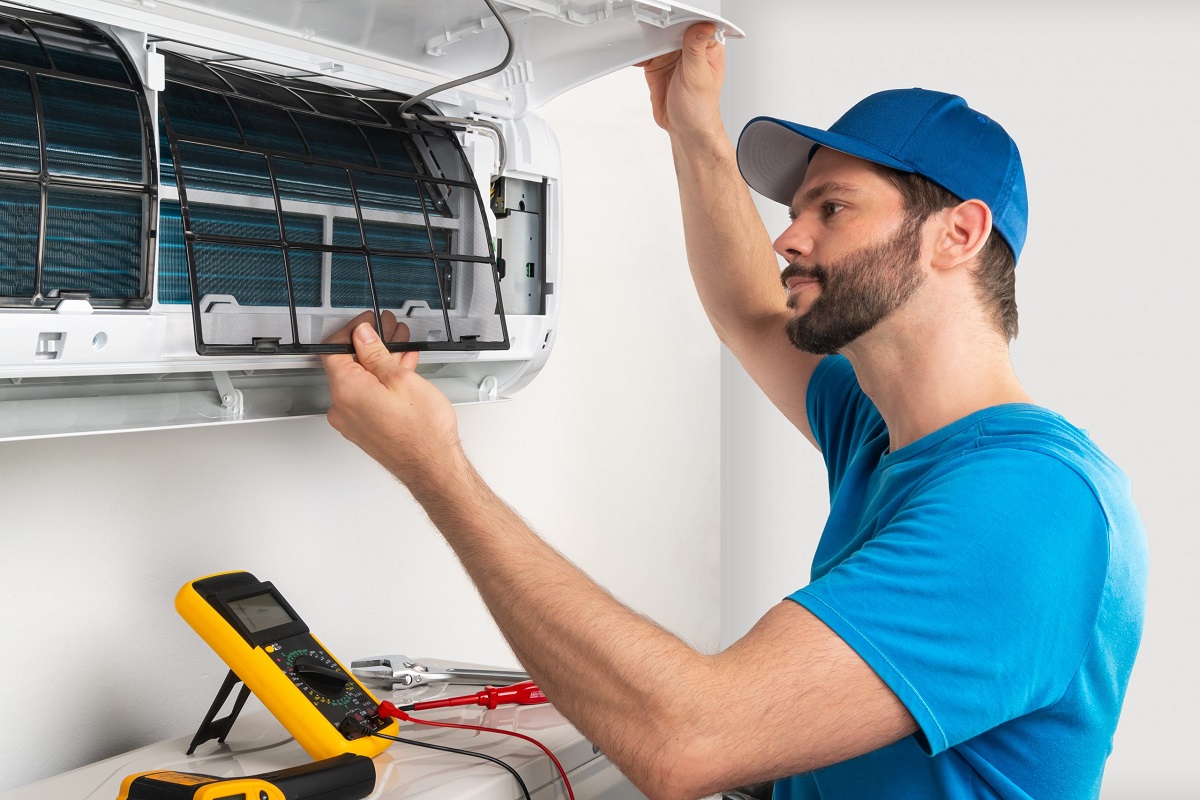
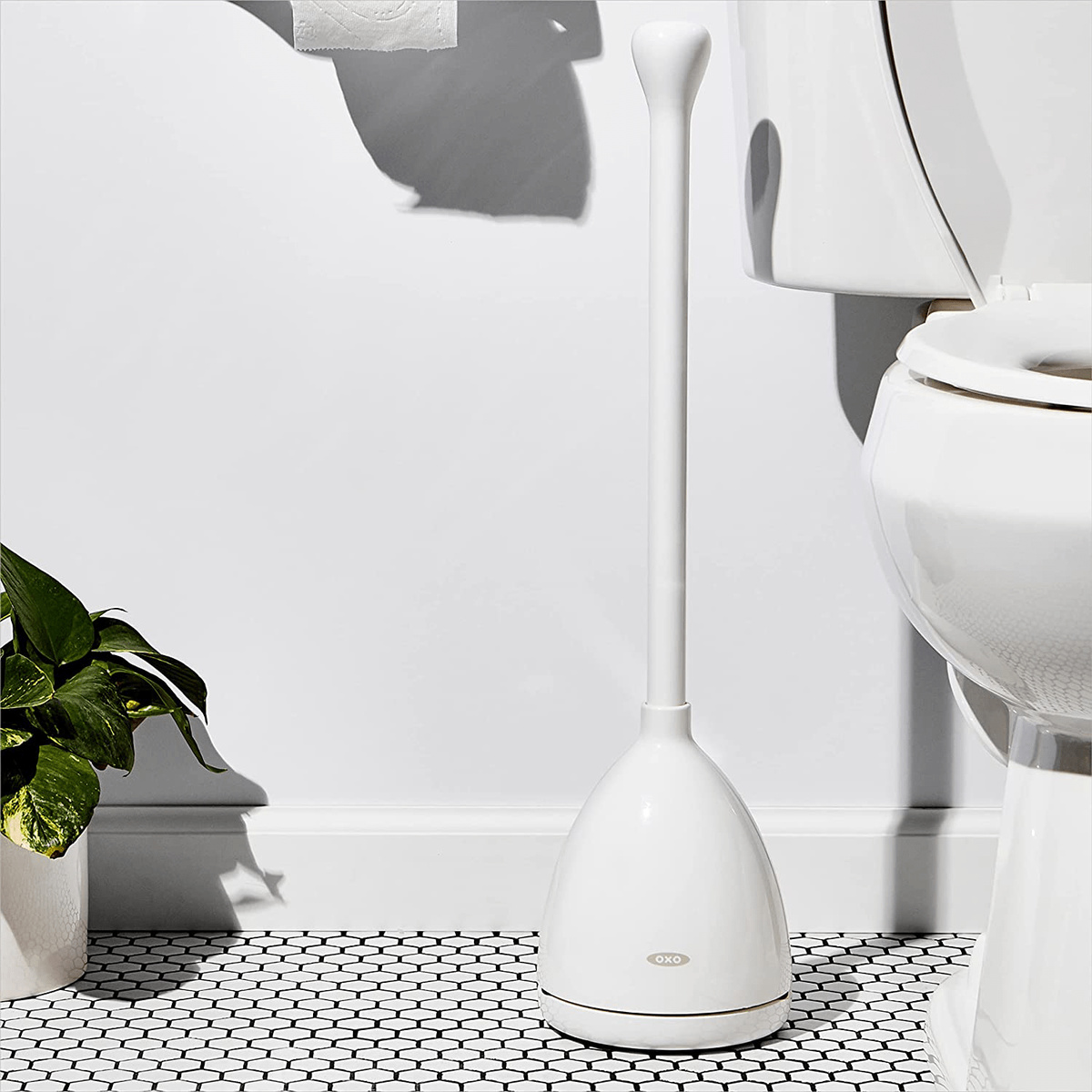

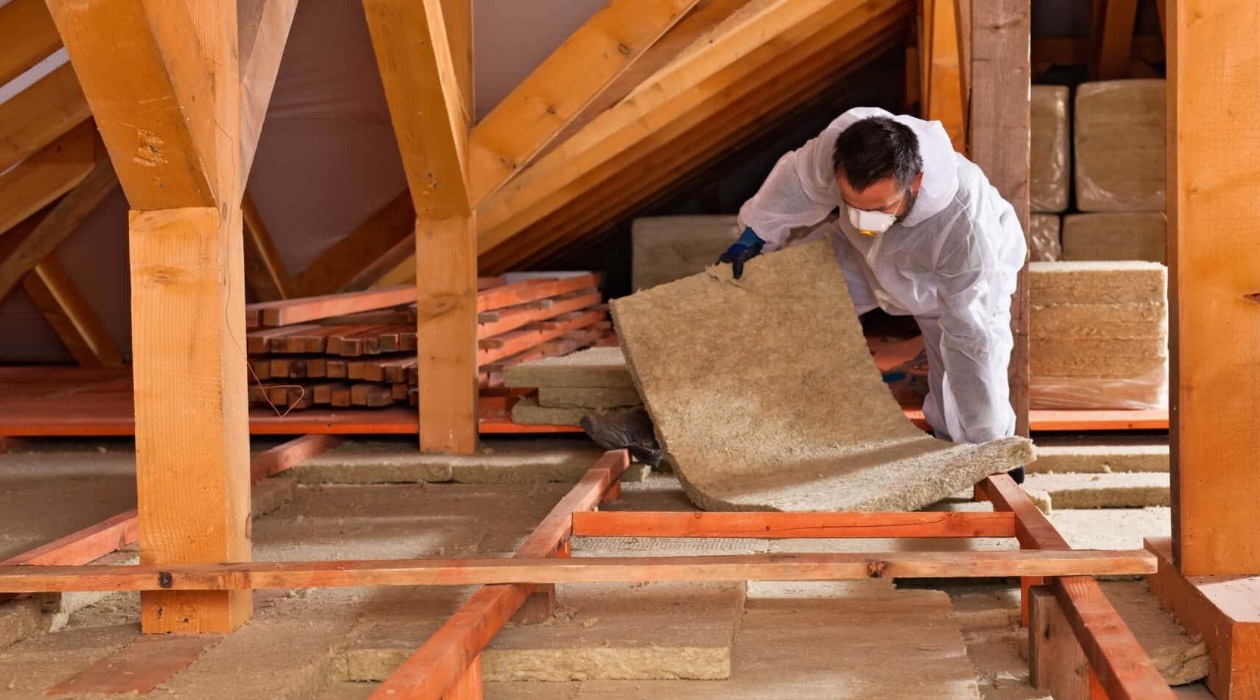

0 thoughts on “How Often Should You Pressure Wash Your Driveway”